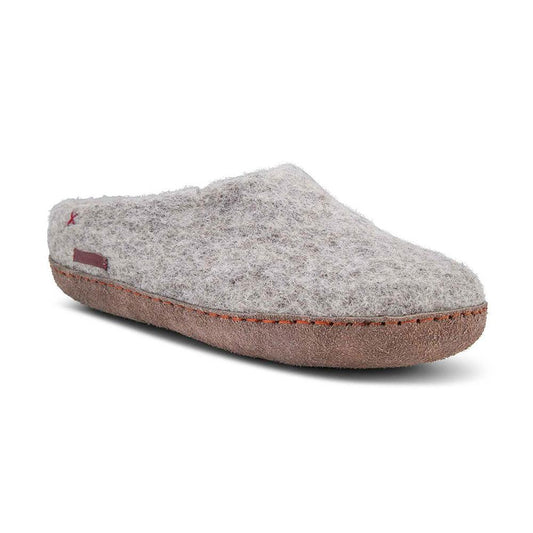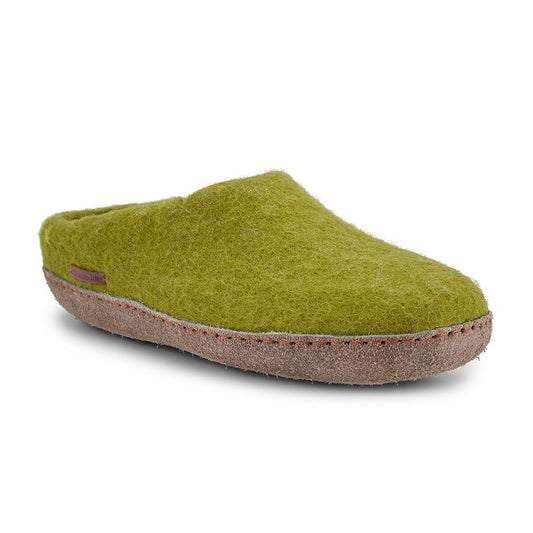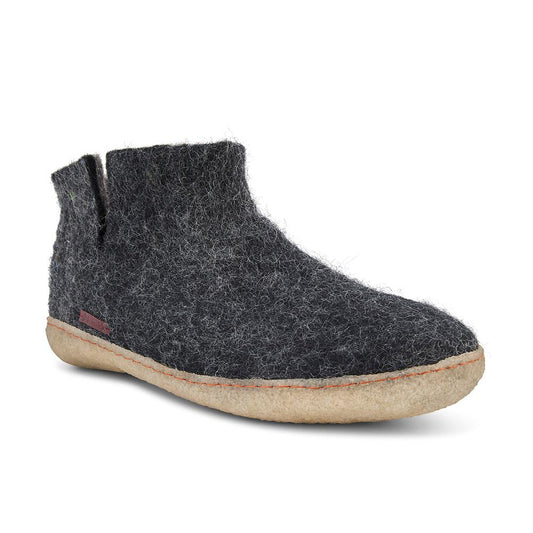You might already know the harm fast fashion causes to both workers, the environment, and your wallet.
But have you considered what you can do in your everyday life to reduce its impact and support positive change in the industry?
Small actions collectively can make a big difference and there’s an emerging movement that’s aiming to reduce the harmful impacts of fast fashion: Slow fashion.
What is slow fashion?
Slow fashion is an approach to fashion that’s cognizant of how the garments are made and who made them. It promotes supporting ethical and sustainable brands.
It also advocates for being intentional with what you buy, investing in quality pieces that will last a long time in your wardrobe. This means you’re buying, and getting rid of, less clothing overall and reducing the carbon footprint the fashion industry has on the planet.
How is slow fashion different from “ethical fashion” or “sustainable fashion”?
These three great movements are very much aligned and share a lot of characteristics. All promote the support of brands that are good to both people and planet. Sometimes the terms of used interchangeably, but there are distinct differences between them.
Ethical Fashion focuses on worker protections and treatment throughout every stage of garment production. Meanwhile, sustainable fashion tends to focus more on reducing negative environmental impacts of production.
Where slow fashion differs is the emphasis on consuming less clothing, and instead investing in pieces that are timeless ( less “trendy”) and well made so that they will stay in your closet for a long time.
For fashion brands, it means not only implementing sustainable and ethical practices, but also creating pieces embodying classic, timeless designs, rather than trying to keep up with a never-ending trends cycle and producing more products and more waste.
There are a lot of benefits to embracing slow fashion. Here is a look at the key ones.
5 Reasons to Embrace Slow Fashion
Support brands with a purpose
The best way to support sustainable and ethical brands is with your wallet! By purchasing from these brands, you’re helping them grow and stay in business. It also sends a message to the wider industry that you care about how your clothes are made.
An easy way to do this is to see if the brand holds any certifications from a reputable organization. For example, companies that are Fair Trade certified will have a logo from one of the world’s recognized Fair Trade organizations. When you see this certification, you know the brand has undergone the rigorous process to ensure those standards are met.
Reduce your carbon footprint
Did you know that the fashion industry is responsible for 8 to 10 per cent of global carbon emissions and nearly 20 per cent of waste water? According to the United Nations, fashion now consumes more energy than both shipping and aviation combined!
The sad reality is most unwanted clothing ends up in a landfill. By embracing slow fashion, you will ultimately be buying less and throwing out less, thus decreasing your personal contribution to the fashion industry’s carbon footprint.
Support fair labor practices
One of the most damaging things about fast fashion is how unfairly the workers who make the garments are treated. Most work long hours for little pay in dangerous and unhealthy working conditions, all in order to make clothing quickly enough to keep up with trends and get to market at a very cheap price.
The good news is some brands, big and small, are embracing fair labor practices. By buying from the Fair Trade certified brands, you are not only supporting the company, but the livelihood of the people who work there. Putting your money behind these brands sends a message that consumers are demanding more.
Again, it’s important to do your research into a brand’s practices to determine if they are fair and ethical. As we mentioned earlier, looking for reputable certification, such a being Fair Trade certified, is an easy way to determine if/how a company is operating ethically.
Save money
One of the common gripes about supporting ethical/sustainable/slow fashion companies is that the clothing is more expensive. This is because the garments are produced ethically and with quality materials at a cost that’s fair to all involved.
Because these clothes are made ethically, they are usually of a higher quality. The makers weren’t rushed to meet a quota or to maximize profit margins.
Slow fashion is about being more conscious about how much clothing you buy. Purchasing quality pieces means they’ll last longer than something purchased from a fast fashion brand. This means you are consuming less and spending less on clothing in the long run.
Everyone has a budget and may not be able to splurge on these pieces all the time. But next time you need an item of clothing, consider the slow fashion options out there and saving up to invest in a good quality piece. Your future self (and wallet) will thank you for it!
Always be in style
Since they are conscious of what and how much they are producing, slow fashion brands often buck the trends and instead focus on timeless, classic styles and silhouettes since they want their pieces to stay in your closet for a long time, not be thrown in the trash after a season.
From a classic trouser or a little black dress, to timeless Danish designed slippers, slow fashion is about embracing staples that you will have for years to come.
You’ll always be in style.





